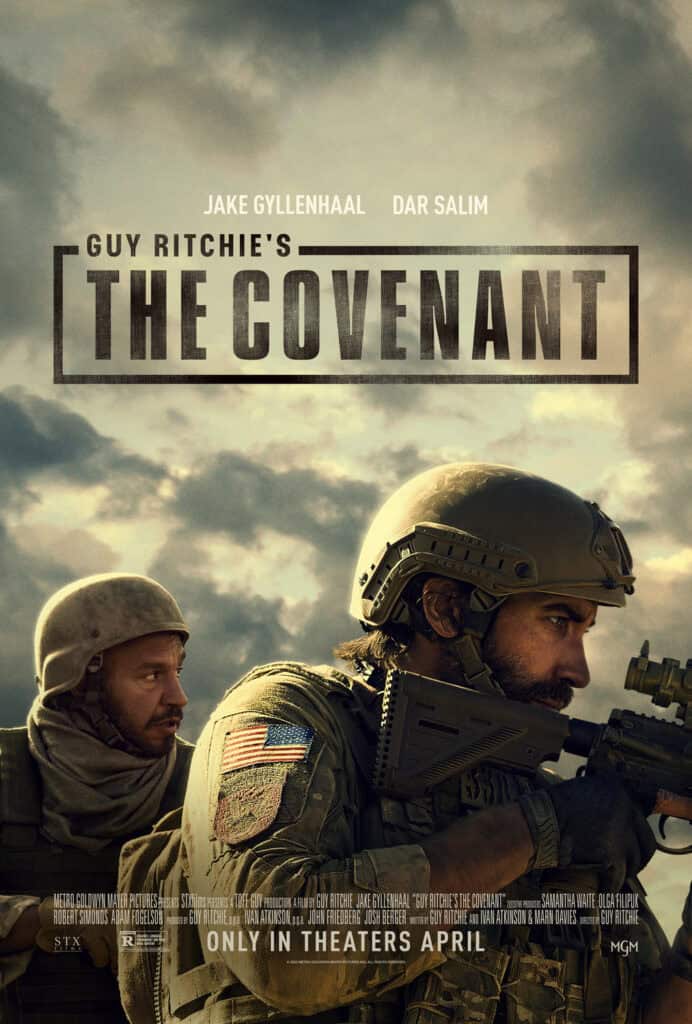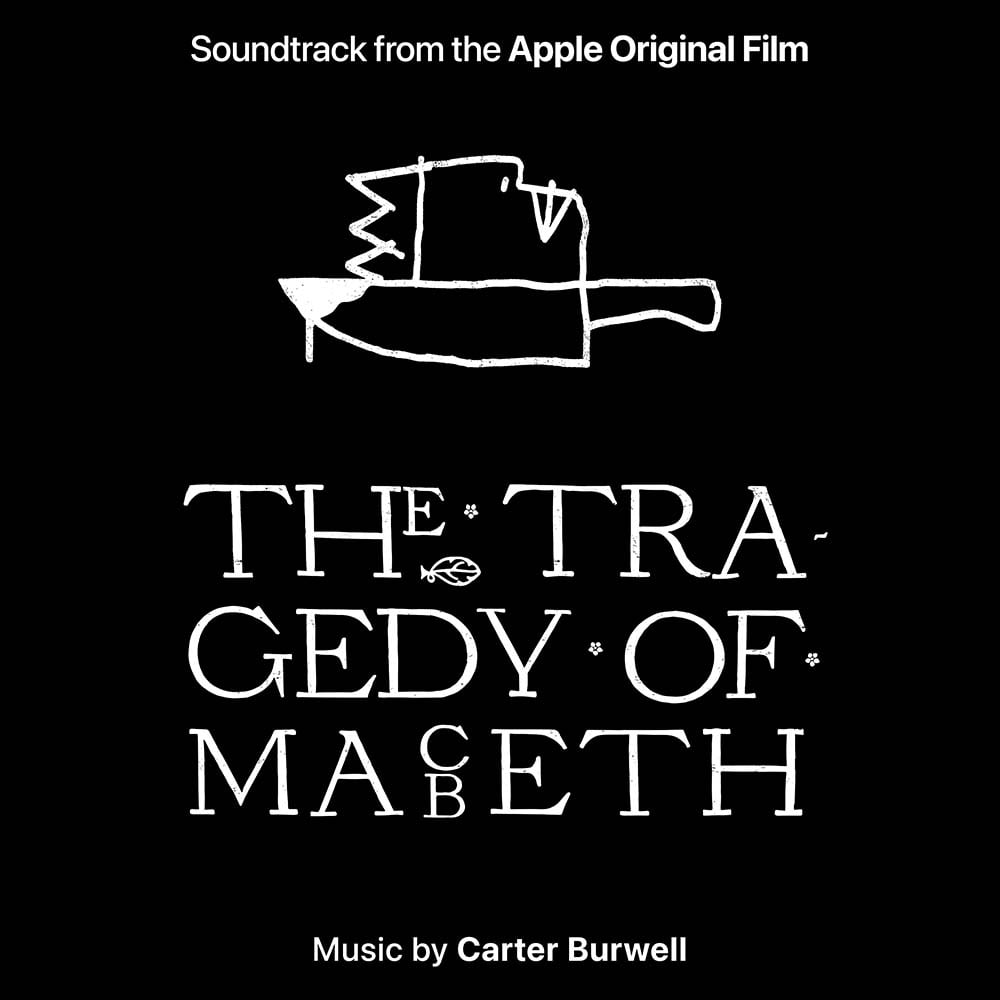
I’ve been watching a lot of action movies lately, mostly ones released in 2023 and 2024, and one thing I’ve noticed (not surprisingly) is the scores. Specifically, I’m noticing the scores of more recent releases. It seems like the sonic palettes and driving intentions are becoming increasingly narrow, mostly focusing on setting up and driving the action with a fairly percussive, cinematic-electronic approach. Some of this may seem obvious – of course an action movie wants to highlight its action, and of course percussion is the driving force – but the obviousness is also an issue.
Few actions movies are simply wall-to-wall action. Even something like Mad Max: Fury Road, often discussed as if it’s nonstop action, has many moments of downtime where we can breathe with the characters and the world. Similarly, the very recent Silent Night is so much more effective because of how much time we spend locked away in torturous, despairing memory with the main character. But for many of these movies, the music can’t spend much time in rumination. And even when it does, the palettes and approaches often remain narrow. For the most part, these work very well functionally, but aren’t given the chance to go far beyond function or explore experimentation or deviation.
That’s why a score like Christopher Benstead’s for The Covenant is so striking. Now before I fully gush about it, the approach and palette owe a lot to one of Benstead’s prior scores, Wrath of Man, another collaboration with director Guy Ritchie. Both scores feature a heavy use of cello, its monolithic presence creating an orbit through which all else must pass. The presence is also dour, severe, melancholic, an outgrowth of the extreme emotional lows that chronically haunt both main characters throughout their respective films. I was very thrown off when I first heard this approach in Wrath of Man, but Wrath of Man is almost a trial run, and in The Covenant Benstead takes this approach even further.
The main differentiating factor between the two scores is the main theme. In fact, this is one more way in which The Covenant differentiates itself from the bulk of modern action scores period. The core of the main theme is dour, trudging low strings, as if the hands of the long-dead are reaching up from the ground, vying to pull you under and you fight against their grasp with every step; every impulse shouts at you to give in, lie down, disappear, and yet you must keep going. This is the crux of the covenant: after a mission gone wrong, interpreter Ahmed Abdullah (perfectly played by Dar Salim) saves master sergeant John Kinley (Jake Gyllenhaal) in a half-conscious odyssey through the rugged, hostile terrain of Afghanistan. But Ahmed is left behind, and the burden of the covenant weighs on John. While the weight of it tries to crush him, and nearly does, he charges on to fulfil his end of this life pact. In channeling the covenant between John and Ahmed, the theme also gives reverence to the war in Afghanistan and the ongoing plight of Afghan interpreters still left in the country unaffected by the events portrayed in the film. It acknowledges the hardship, death, loss that’s come before and will continue.
The Covenant has been out for nearly a year, and yet it’s the 2023 score that I probably think about most, not just because it subverts what we expect from an action score but also because it’s so effective on an interpersonal level. And this interpersonal connection can be extrapolated out not just to the broader conflict in the region, but to how personal every conflict is when you look at the individuals instead of just numbers. This is a score that continues to climb up my favorites of the year, and the Benstead-Ritchie collaboration is increasingly one of the most interesting active composer-director covenants.



